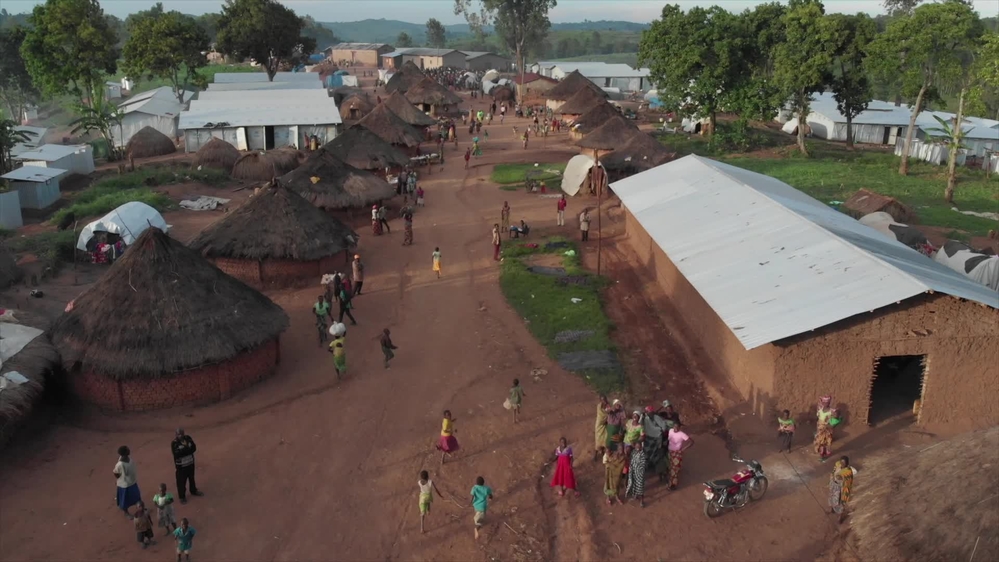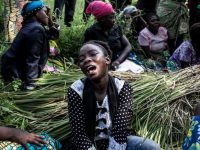Khartoum suffers from a fierce war between the Rapid Support Forces and the Sudanese army,…

DR Congo, Hospital Supported by MSF Destroyed in Attack in Ituri
The hospital in Boga in the Democratic Republic of Congo, supported by Médecins Sans Frontières (MSF), was the target of an attack on Monday during ongoing clashes in the city. The toll so far is 12 deaths, of which 10 civilians, and the complete destruction of the hospital. Several areas burned down, including the intensive care unit, and the pharmacy and medical reserves were looted. Nine wounded have been admitted to the Gety general Hospital, another hospital supported by MSF.
This incredibly violent attack prevents the Boga hospital from handling and treating very vulnerable people. Furthermore, it was the last remaining healthcare structure in an area with over 80,000 people. Thousands of malnourished can no longer access the therapeutic nutrition program set up by MSF and thousands of people will no longer have access to healthcare.
The MSF teams are shocked by the extent of the damage on the structure. Between 2017 and 2020, in response to the enormous lack of healthcare services in the health zone, MSF coordinated the construction of the hospital.
“Everything went up in smoke in a matter of hours even as we were tirelessly claiming how vital this facility is for the region’s inhabitants”, says Frédéric Lai Manantsoa, MSF head of mission in DRC.
In recent months, MSF repeatedly launched an alarm about rising insecurity in the area, added to the increase of cases of children suffering from malnutrition and sexual violence that prevent women from working in the fields.
“Hospitals in conflict zones must remain protected and neutral spaces. Everyone involved in the conflicts in Ituri must respect patients and healthcare workers’ humanitarian action”, says Frédéric Lai Manantsoa.
MSF is outraged about the attack because it violates international humanitarian law and it will have devastating consequences in the long-term.
Until the groups involved in the clashes understand the importance of protecting humanitarian and healthcare actions in the area, healthcare workers will be forced to deal with a vicious, never-ending cycle of destruction and reconstruction of healthcare facilities.




